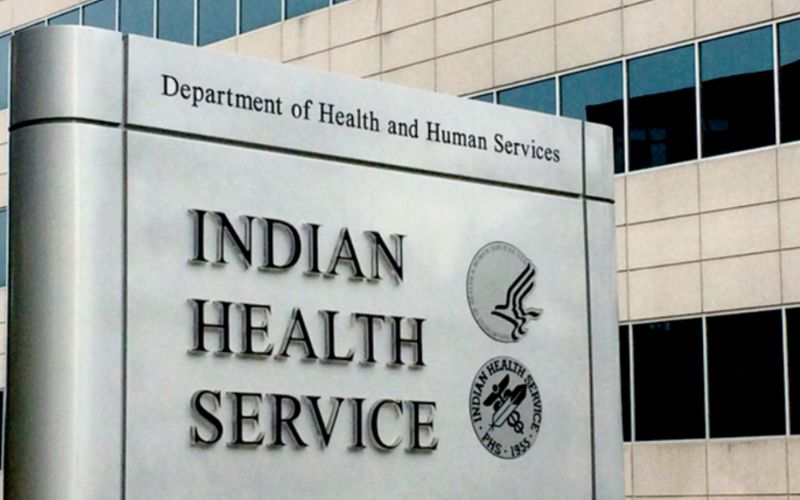Red Alert: NYC Health Department Closes Three Staten Island Beaches Due to Bacteria Levels

STATEN ISLAND, NY – Swimmers, take note! The New York City Department of Health has issued an advisory urging New Yorkers to stay out of the water at three popular Staten Island beaches. Effective Saturday morning, these beaches are deemed unsafe for swimming due to elevated bacteria levels.
The affected beaches are:
- South Beach
- Midland Beach
- Wolfe’s Pond Beach
Why the Closure?
Routine testing of coastal waters revealed bacteria levels exceeding acceptable thresholds. These high levels can indicate the presence of sewage or animal waste, posing a potential health risk to swimmers. Exposure to contaminated water can lead to gastrointestinal illnesses, skin infections, and respiratory problems. The Health Department takes these risks very seriously and prioritizes public safety.
“The health and safety of New Yorkers is our top priority,” stated a spokesperson for the NYC Health Department. “We regularly monitor our beaches to ensure they meet safety standards. When bacteria levels are elevated, we issue advisories to protect the public.”
What's Being Done?
The Health Department is actively investigating the source of the contamination. Factors contributing to elevated bacteria levels can include heavy rainfall, combined sewer overflows, and stormwater runoff. Efforts are underway to mitigate these issues and restore water quality.
When Can You Swim Again?
The beaches will remain closed until water samples consistently demonstrate acceptable bacteria levels. The Health Department will continue to conduct daily testing and will lift the advisory as soon as it is safe to do so. Updates will be posted on the NYC Health Department website and social media channels. It's recommended to check these resources before heading to the beach.
Safety Tips for Beachgoers (When Beaches Reopen):
- Check for Advisories: Always check the NYC Health Department website or local news for any beach advisories before swimming.
- Avoid Swimming After Rain: Rainfall can significantly increase bacteria levels in the water.
- Don't Swim Near Piers or Outfalls: These areas are more likely to be contaminated.
- Rinse Off After Swimming: Thoroughly rinse off with fresh water after swimming to remove any potential contaminants.
This closure serves as a reminder of the importance of vigilance when it comes to water quality. Stay informed and prioritize your health and safety this summer.





